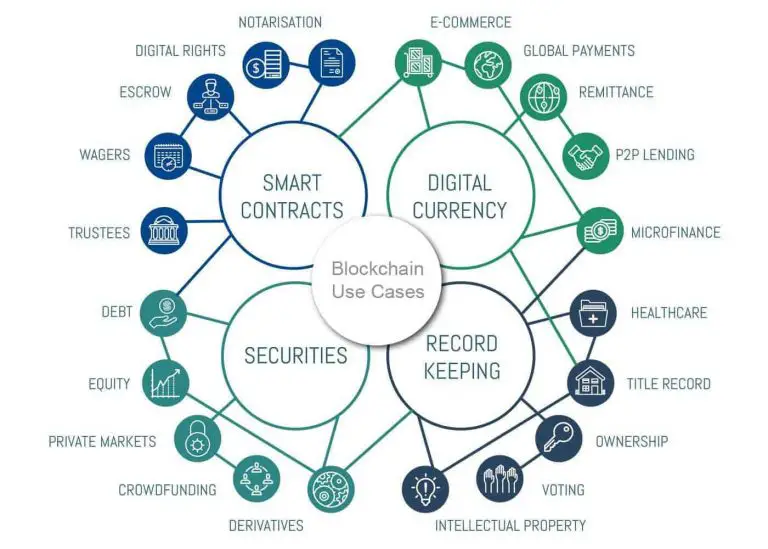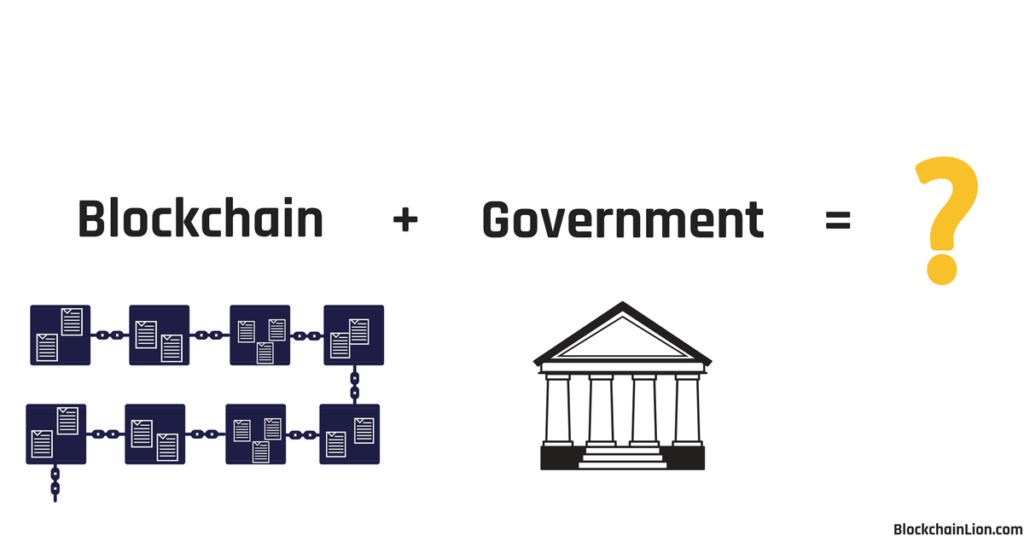Blockchain and the Future of Public Services: Government Applications

Blockchain technology has the potential to revolutionize public services by improving efficiency, transparency, and accountability. Here are some specific ways that blockchain can be used in government applications:

- Land registry: Blockchain can be used to create a secure and transparent land registry system. This would help to reduce fraud and corruption, and would make it easier for people to buy and sell property.
- Voting: Blockchain can be used to create a secure and transparent voting system. This would help to ensure the integrity of elections, and would make it easier for people to vote.
- Tax collection: Blockchain can be used to create a more efficient and transparent tax collection system. This would help to reduce fraud and evasion, and would make it easier for people to pay their taxes.
- Healthcare: Blockchain can be used to create a secure and transparent healthcare system. This would help to improve the quality of care, and would make it easier for people to access their medical records.
- Education: Blockchain can be used to create a secure and transparent education system. This would help to improve the quality of education, and would make it easier for people to obtain credentials.
These are just a few of the many ways that blockchain can be used to improve public services. As blockchain technology continues to develop, we can expect to see even more innovative and groundbreaking applications in the future.

Benefits of Blockchain for Government Applications
There are many benefits to using blockchain for government applications, including:
- Improved efficiency: Blockchain can help to improve the efficiency of government processes by automating tasks and reducing the need for paperwork.
- Increased transparency: Blockchain provides a transparent and immutable record of all transactions, which can help to reduce corruption and fraud.
- Enhanced accountability: Blockchain can help to enhance accountability by providing a clear record of who has accessed or modified data.
- Increased security: Blockchain is a secure and tamper-proof technology, which can help to protect government data from cyberattacks.
Challenges to Implementing Blockchain in Government
There are also some challenges to implementing blockchain in government, including:
- Cost: Implementing blockchain can be expensive, and governments may need to invest significant resources in order to do so.
- Complexity: Blockchain technology is complex, and governments may need to provide training for employees in order to use it effectively.
- Scalability: Blockchain can be difficult to scale to large numbers of users, and governments may need to find ways to overcome this challenge in order to implement it on a large scale.
Conclusion
Blockchain technology has the potential to revolutionize public services by improving efficiency, transparency, and accountability. However, there are also some challenges to implementing blockchain in government. Governments that are considering implementing blockchain should carefully weigh the benefits and challenges before making a decision.
